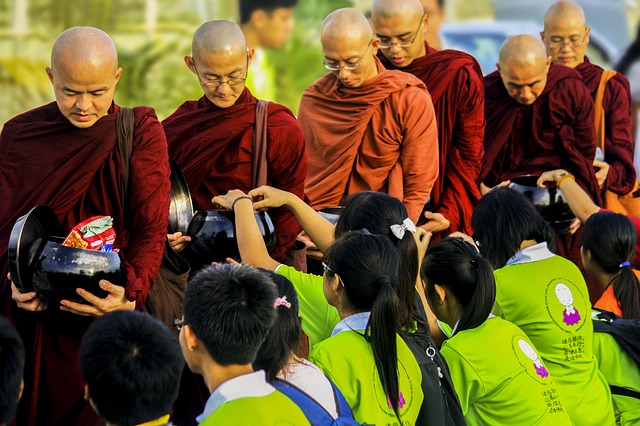- Religion conveys stories and symbols that have primal meaning of good and bad, life and death, health and illness.
- Religion provides a coherent ethic and set of principles by which one conducts one’s life.
- Religion renders transcendent significance to the self and the self’s actions because religion takes a broad view –not restricted to the egocentric perspective of the self.
- Religion provides membership to a community of like-minded persons.
- For the young child, religion provides a cradle of meaning and symbols.
- For the latency age child, religion establishes a set of expected behaviors and role models.
- For the adolescent child, religion provides principled guidance and a longer-term view of adulthood.
- For the young adult, religion provides deep guidelines by which one relates to one’s spouse, fellow men and women, and humanity.
- For the mature adult, religion provides a long view, the link to the generations to find significance and meaning in action.
- For the adult in twilight years, religion provides a philosophy and ethos of reconciliation to death.
Without the guidance of religion, at best, the individual is left with a secular ethos, guided, by let’s say science and good intentions. The values that give rationality to a secular ethos are subject to change. A secular pragmatism is relativistic, and changes with social fashion. The ground of meaning shifts and oftentimes brings confusion, doubt, and loss of faith. A secular pragmatic ethic cannot provide a view of life as a totality. A holistic view based upon religion gives coherence, because it causes the individual to weigh choices in light of enduring principles and right and wrong. Enduring principles, right and wrong, provide a secure foundation and bring coherence within and among life’s choices.
